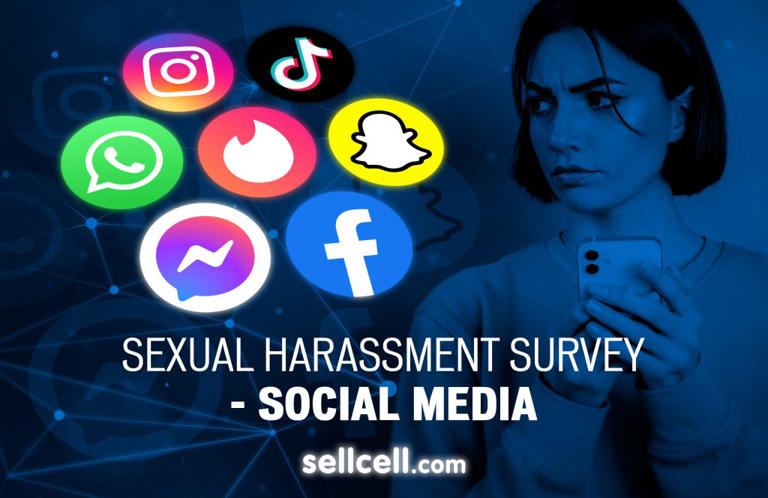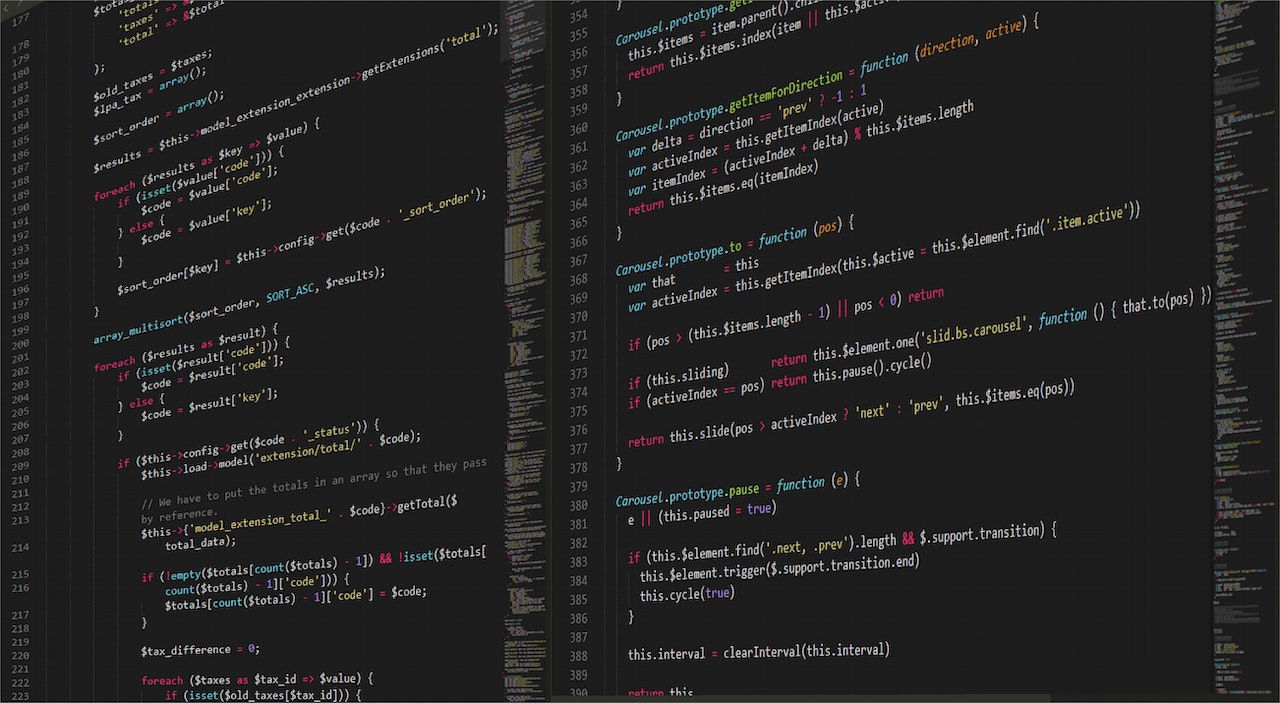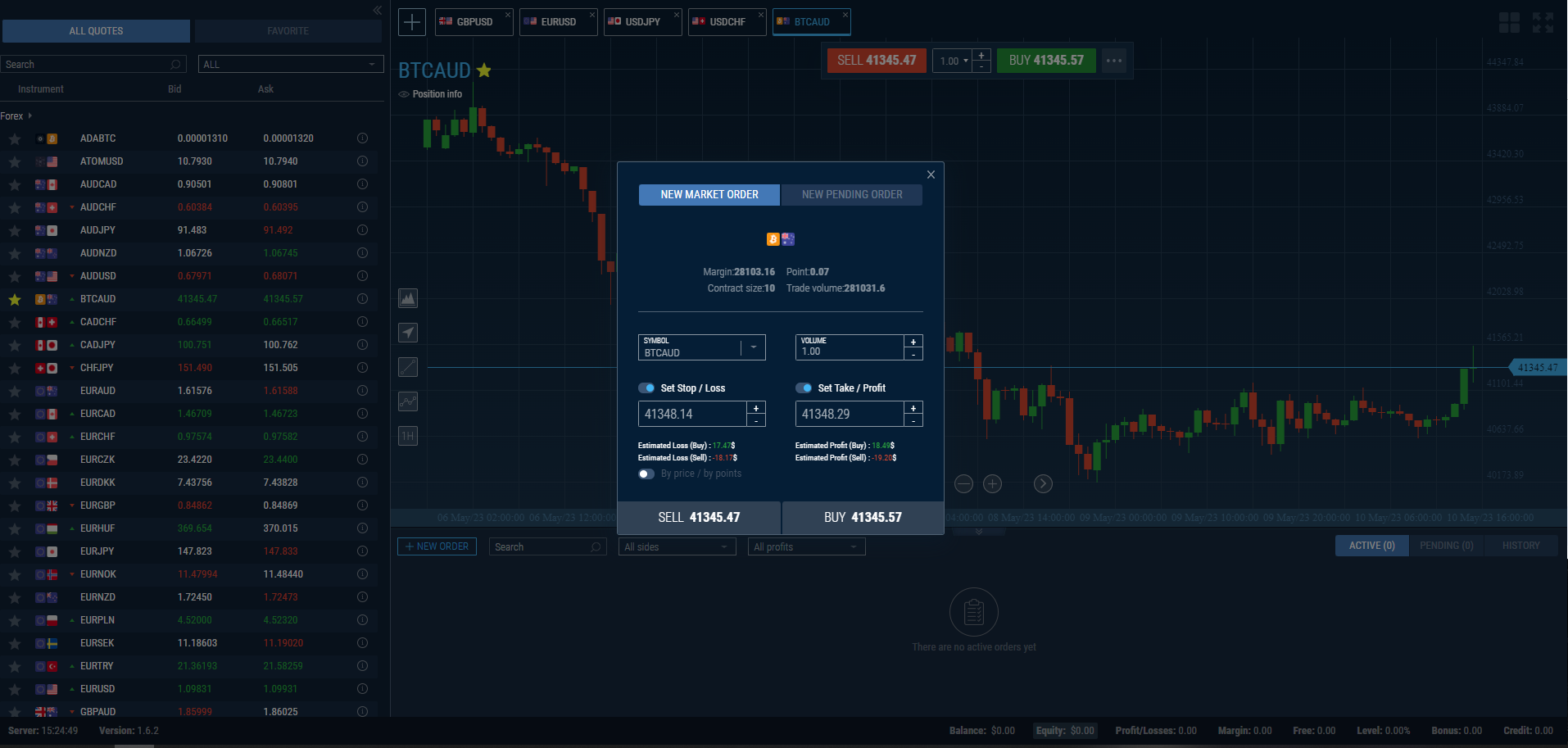Survey Unveils Disturbing Statistics: 40% of Women Experience or Witness Sexual Harassment on Social Media Platforms
Key Findings:
One in every five women, equivalent to 20.8%, has encountered sexual harassment personally on social media. Four out of ten women, accounting for 39.7%, have either faced or observed incidents of sexual harassment online, specifically on social media platforms. Out of the female social media users who experienced sexual harassment, a significant 57% reported incidents occurring on Facebook and Facebook Messenger. Among women who were subjected to sexual harassment on social media, an alarming 79% stated that they received unwelcome messages and/or sexual comments. Approximately 68.2% of the 3000 surveyed women who utilize social media feel that social media companies are inadequately protecting individuals.
Introduction & Survey Objective
SellCell, a leading online mobile phone price comparison site, has conducted a comprehensive survey concerning the prevalent issue of online sexual harassment of women on social media. Carried out by OnePoll on behalf of SellCell, the survey collected responses from 3000 active female social media users in the UK, aiming to gauge the frequency of sexual harassment experiences and observations.
Main Findings
(Kindly note that the questions and answers within the survey address sensitive topics.)
Among the 3000 surveyed UK women who utilize social media, a distressing 40% have experienced or witnessed incidents of sexual harassment on various social media platforms and applications. Out of the 3000 respondents, 21% confirmed they have personally encountered sexual harassment on social media platforms or apps. Among the 624 respondents who experienced sexual harassment on social media, a significant 57% reported Facebook or Facebook Messenger as the primary platforms for such incidents. Regarding the nature of the harassment, a striking 79% of those affected revealed unwelcome sexual comments or messages. To combat the issue, 76% of women who experienced sexual harassment on social platforms or apps took action by blocking the harasser(s). Disturbingly, 32% of victims reported long-term effects, including feelings of violation and/or intimidation. Among the 2342 women who haven’t experienced sexual harassment on social media, a majority (69%) attribute it to their diligence in selecting whom to follow or accept as friends. A staggering 68.2% of the 3000 female social media users surveyed concur that social media platforms do not exert enough effort to protect individuals from online sexual harassment.
Summary of Survey Questions
SellCell and OnePoll presented the following questions to 3000 UK women who actively use social media, addressing the topic of sexual harassment through social media applications or platforms. Caution: Some questions and answers may contain sensitive and/or sexual language.
Question 1) Which of the following statements best describes your experience of sexual harassment through a social media platform/app?
The survey asked 3000 UK women who use social media, “Which of the following statements best describes your experience of sexual harassment through a social media platform/app?” Out of the respondents, 39.7% (1190) acknowledged having personally encountered or witnessed sexual harassment on social media platforms or apps. Additionally, 20.8% (624) confirmed personal experiences of sexual harassment on these platforms, leaving 79.2% who have not personally encountered such incidents while using social media.
Question 2) (If you have never personally experienced sexual harassment through a social media platform or application) Why do you think you have avoided personally experiencing sexual harassment on social media? [Select all that apply]
Of the women who have never experienced sexual harassment on social media (2342), 69% (1605) attributed their safety to being selective about whom they follow or accept friend requests from. Furthermore, 42% keep their social media accounts private to avoid harassment, and 41% refrain from sharing personal information due to a lack of trust in the platform’s ability to ensure safety. In addition, 32% use social media solely for news updates and activities, without seeking social interactions, while 5% limit their usage to work or business purposes.
Question 3) (If you have personally experienced sexual harassment through a social media platform or application) Which social media platforms/apps have you personally experienced sexual harassment on? [Select all that apply]
Among the 624 women who reported experiencing sexual harassment on social media, a significant 57% identified Facebook and/or Facebook Messenger as the platforms where harassment occurred. Additionally, 37% mentioned Instagram, while 26% implicated dating apps like Tinder or Hinge. Surprisingly, 4% of respondents faced harassment on LinkedIn, a platform primarily designed for professional networking.
Question 4) (If you have personally experienced sexual harassment through a social media platform or application) What type(s) of sexual harassment have you ever personally experienced on social media platforms/apps? [Select all that apply]
An overwhelming majority (79%) of those who experienced sexual harassment on social media reported encountering unwelcome sexual comments or messages. Furthermore, 59% indicated discomfort caused by friend requests or invitations from strangers, while 48% stated they received pornographic photos or videos. Additionally, 9% of victims endured threats of sexual violence.
Question 5) (If you have personally experienced sexual harassment through a social media platform or application) When you personally experienced sexual harassment on social media, did you report this to anyone/take any action? [Select all that apply]
Out of the 624 women who faced sexual harassment on social media, 76% of them took immediate action by blocking the individual(s) responsible for the harassment. Furthermore, 42% reported the offenders to the respective social media platforms, while 5% escalated the matter to the police. Unfortunately, 11% refrained from taking any action, recognizing the platform, app, or authorities would not adequately address the issue.
Question 6) (If you have personally experienced sexual harassment through a social media platform or application) Which, if any, long-term effects have you experienced/do you experience as a result of the online sexual harassment you experienced? [Select all that apply]
Among those women who responded positively to question one, 32% confessed feeling violated and/or intimidated as a long-term consequence of the harassment. Moreover, 21% expressed doubts about their personal appearance due to the sexual harassment, and 19% reported suffering from anxiety as a result. The harassment further impacted the intimate relationships of 10% of the victims, while 3% faced career setbacks due to the actions of the offenders.
Question 7) (All respondents) Which of the following statements best describes your experience of sexual harassment through a social media platform/app?
Out of the 3000 women surveyed, a significant 68.2% (2045 women) believe that social media companies are not doing enough to combat sexual harassment on their platforms or applications. Only 7.8% believe that social media companies are taking adequate action, while 24.0% of respondents remain unsure about the efforts made by companies to protect female users from sexual harassment.







